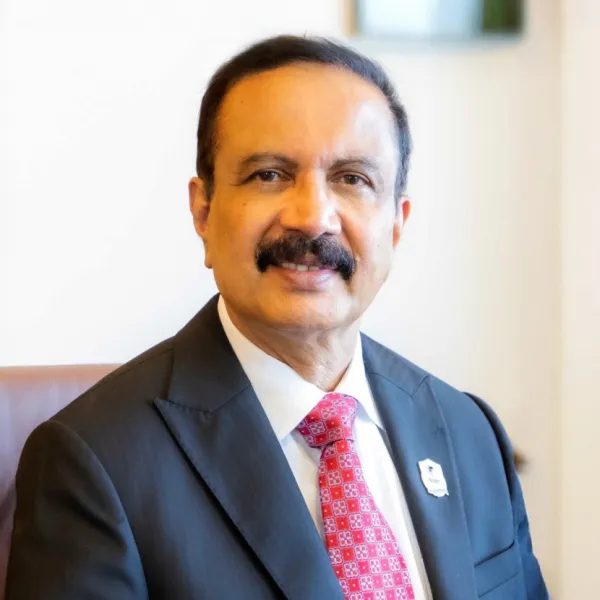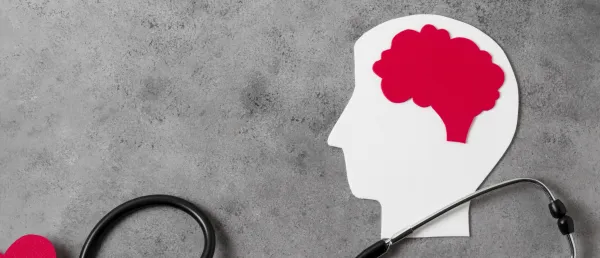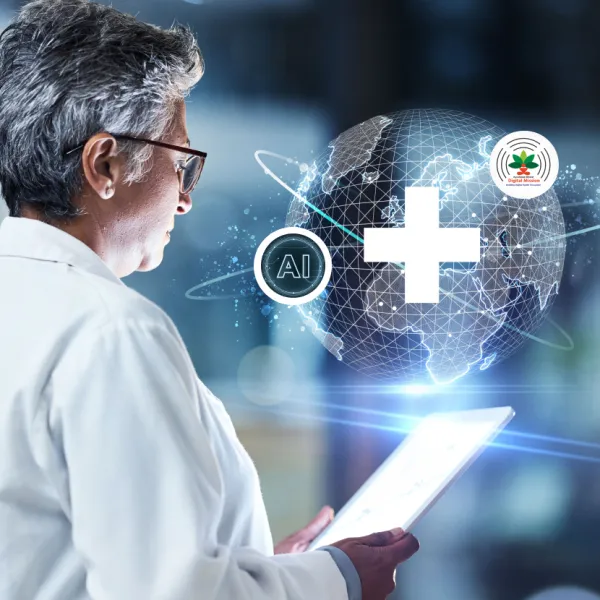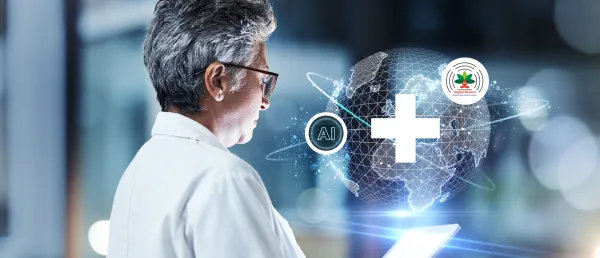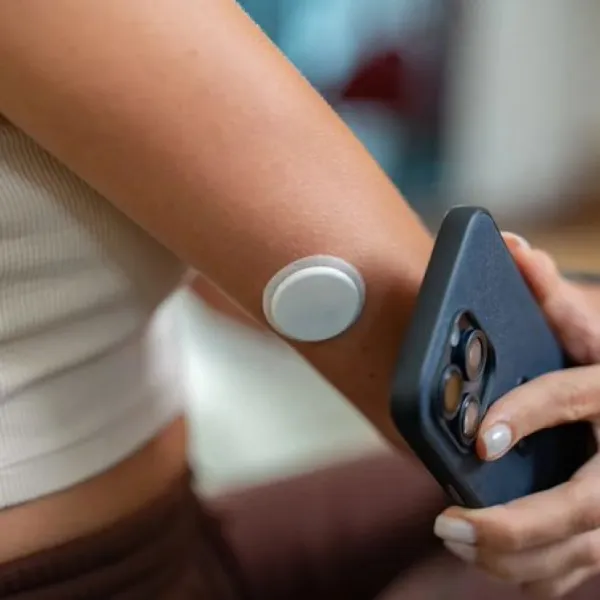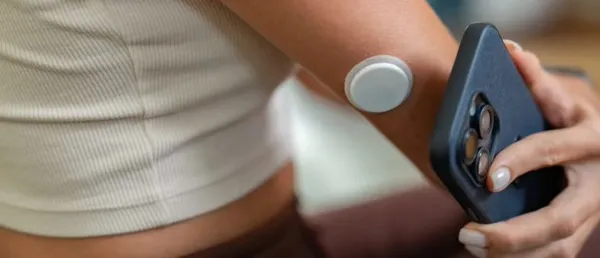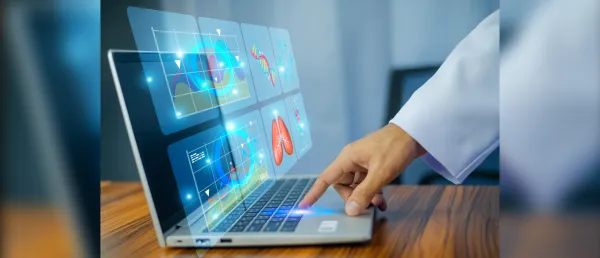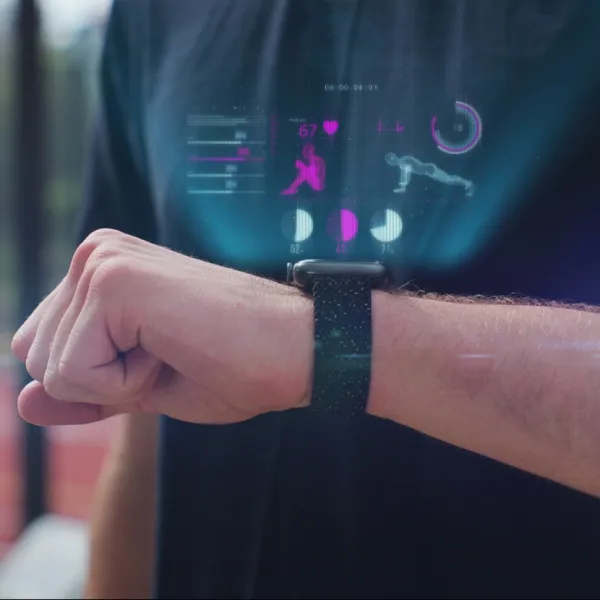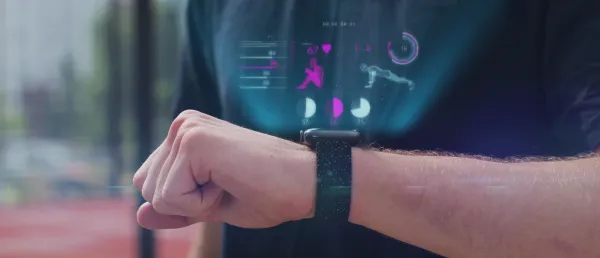AiMeD Reiterates Need for Separate Regulatory Mechanism for Medical Devices Industry

This appeal from AiMeD follows the recent rejection of petitions by the Delhi High Court, challenging the classification of certain medical devices as drugs under the Drugs and Cosmetics Act.
The Association of Indian Medical Device Industry (AiMeD), representing the interests of over 1200 medical device manufacturers, has renewed its call to establish a distinct regulatory framework for the medical device sector.
This appeal from AiMeD follows the recent rejection of petitions by the Delhi High Court, challenging the classification of certain medical devices as drugs under the Drugs and Cosmetics Act.
In a statement released on Thursday, Rajiv Nath, forum coordinator at AiMeD, underlined the need for progressive action by the Central government to address the unique concerns of the medical device industry. Nath said, "We urge the Centre to be progressive on the issue of medical devices and put separate regulations for the medical devices industry in place."
Why The Need Of a Separate Regulatory Framework?
The recent legal dispute arose when the Central government, in 2018 and 2020, declared specific medical devices, including nebulisers, blood pressure monitoring devices, digital thermometers, and glucometers, as drugs under the Drugs and Cosmetics Act. Subsequently, in 2020, this classification was extended to include all medical devices.
Nath highlighted that the legal battle could have been avoided if genuine grievances had been addressed earlier. He underscored the significance of the medical device sector in the "Make in India" initiative and achieving the goal of "Atma Nirbhar Bharat," or self-reliant India. He called for a separate law to supplement the Separate Medical Devices Rules 2017.
Furthermore, Nath cited the 146th report of the Parliamentary Standing Committee on Health and Family Welfare, presented on August 4, 2023, which advocated the necessity of a separate regulatory framework for medical devices to bolster the industry and reduce dependence on imports.
Similar recommendations for separate regulations were also found in the National Health Policy 2017.
Referring to a draft bill proposed by NITI Aayog in November 2019, Nath urged the Central government to move forward with it, noting that it had been developed with input from all stakeholders, including manufacturers, traders, and patients."
We understand the importance of engaging policymakers and sharing our concerns; that is what is needed," Nath said, emphasising collaboration.
To Recap
The AiMeD had previously urged the government to withdraw the New Drugs, Medical Devices and Cosmetics Bill, 2023, citing concerns about regulatory gaps and potential repercussions for the domestic medical device industry.
Nath highlighted the need for regulations in line with WHO guidelines and establishing a national regulatory authority akin to FSSAI to ensure patient safety.
AiMeD expressed gratitude that the bill had not been tabled during the Monsoon Session and looked forward to its referral to a new committee of Medical Devices regulatory experts under the chairmanship of organisations such as ICMR, DST, or DBT.
Nath also expressed optimism about a potential review of the decision to permit the import of pre-owned medical devices, following assurances from the Directorate General of Health Services and the Ministry of Health & Family Welfare.
He questioned the motives behind multinational corporations seeking to dispose of outdated equipment in India, as many other countries prohibit such imports."
We should also understand why these preowned products are not allowed in 22 countries like China, Vietnam, Indonesia, Egypt, Peru, etc., that constitute over 58% of the world's population," Nath added.
AiMeD's renewed call for a separate regulatory mechanism for the medical device industry reflects continued concerns about classifying medical devices as drugs and the need for comprehensive and progressive regulations.
Stay tuned for more such updates on Digital Health News









